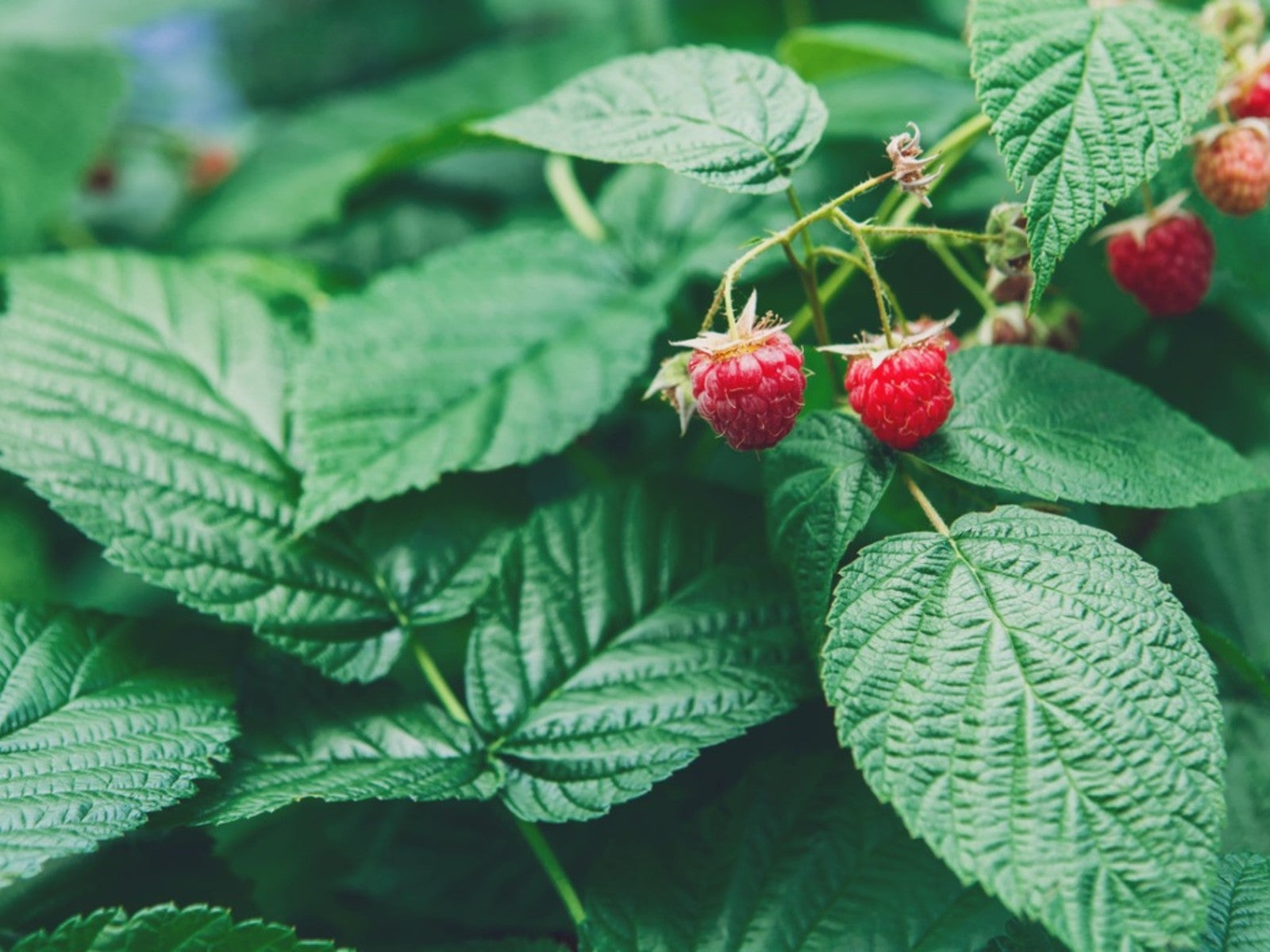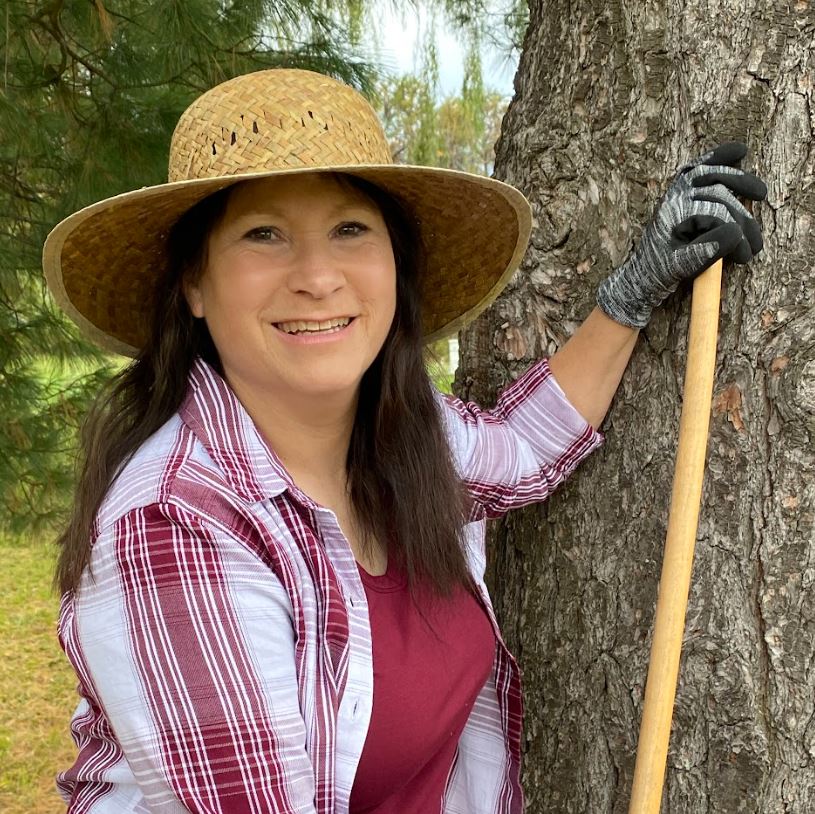Raspberry Plants Aren’t Producing – Reasons For No Fruit On Raspberry Plants


Of course, you're disappointed. You've patiently been waiting to pick raspberries from the canes you planted, but nothing! Your raspberry plants aren't producing. The plants look healthy, but the raspberries won't form. Before you give up, let's find the reason why you have a raspberry plant with no berries.
Why Raspberries Won't Form
Sometimes it takes a bit of detective work to figure out why there's no fruit on raspberry plants.
But before you don your detective's hat, let's first consider how raspberries grow. The root of the raspberry plant is a perennial which sends up new canes each year. The individual canes act like a biennial, with each cane living for 2 years before dying.
Everbearing raspberry canes produce berries twice in their lifetime -- once in the fall of their first year and again in the summer of their second year. The fall berries are born on the tips of the cane, while the next summer's berries emerge further down the stalk. After bearing fruit in the fall, the spent cane tips die back. This dead material at the very end of the cane can be safely pruned.
Summer-bearing raspberries don't produce fruit their first year. If the tip of the cane is pruned in the fall, there will be no fruit on raspberry plants the following year. It's essential to know which type of raspberry plants you are cultivating and prune accordingly.
To complicate matters, each raspberry plant will have both first and second year canes coming from the same root stock. To make harvesting berries easier and to reduce disease, second year canes should be pruned to the ground after fruiting. Inadvertently pruning first-year canes could also be the reason why your raspberry plants aren't producing.
Alternative Reasons Raspberry Plants Aren’t Producing
Improper pruning is a common reason for having no fruit on raspberry plants, but other issues can also be the problem. Plants which fail to reach full size or produce fruit can be caused by improper growing conditions, pests or disease.
Gardening tips, videos, info and more delivered right to your inbox!
Sign up for the Gardening Know How newsletter today and receive a free copy of our e-book "How to Grow Delicious Tomatoes".
Raspberries grow best in raised beds full of rich, fertile soil. They require a minimum of 6 hours of direct sunlight per day and 1 inch (2.5 cm) of rain per week. If you're fulfilling these needs and pruning correctly, yet still find the raspberry plants aren't producing, then it's time to look for clues which indicate these common raspberry pests or diseases:
- Anthracnose – fungus (Elsinoe veneta)
- Cane blight (Leptosphaeria coniothyrium)
- Crumble-berry viruses – caused by tomato ringspot virus, raspberry bushy dwarf virus or raspberry leaf curl virus
- Grey Mold – fungus (Botrytis cinerea)
- Raspberry Caneborer – (Oberea perspicillata)
- Raspberry crown borer – (Pennisetia marginata)
- Spider mites
- Spur blight – fungus (Didymella applanata)
With a little perseverance, you can solve the mystery and understand why your raspberry plants aren't producing.
Since you’ve worked so hard in the garden this summer we want to show off the fruits (and veggies) of your labor! We invite you to join the Gardening Know How Virtual Harvest Show by submitting photos of your harvest!

Laura Miller has been gardening all her life. Holding a degree in Biology, Nutrition, and Agriculture, Laura's area of expertise is vegetables, herbs, and all things edible. She lives in Ohio.
-
 Looking For Plants To Give You The Soft And Fuzzies? Try These 5 Fuzzy Leaf Plant Options
Looking For Plants To Give You The Soft And Fuzzies? Try These 5 Fuzzy Leaf Plant OptionsLovers of texture, drama, silver foliage and tactile plants will adore these special sensory garden additions. These fuzzy leaf plant options will leave you all aglow
By Susan Albert
-
 Get Ready For A Summer Of Hummers! Grow These Full Sun Hummingbird Plants and Flowers
Get Ready For A Summer Of Hummers! Grow These Full Sun Hummingbird Plants and FlowersIf you’re lucky enough to enjoy a sunny backyard, make sure you are maxing out on your pollinator opportunities and grow these full sun hummingbird plants and flowers
By Tonya Barnett